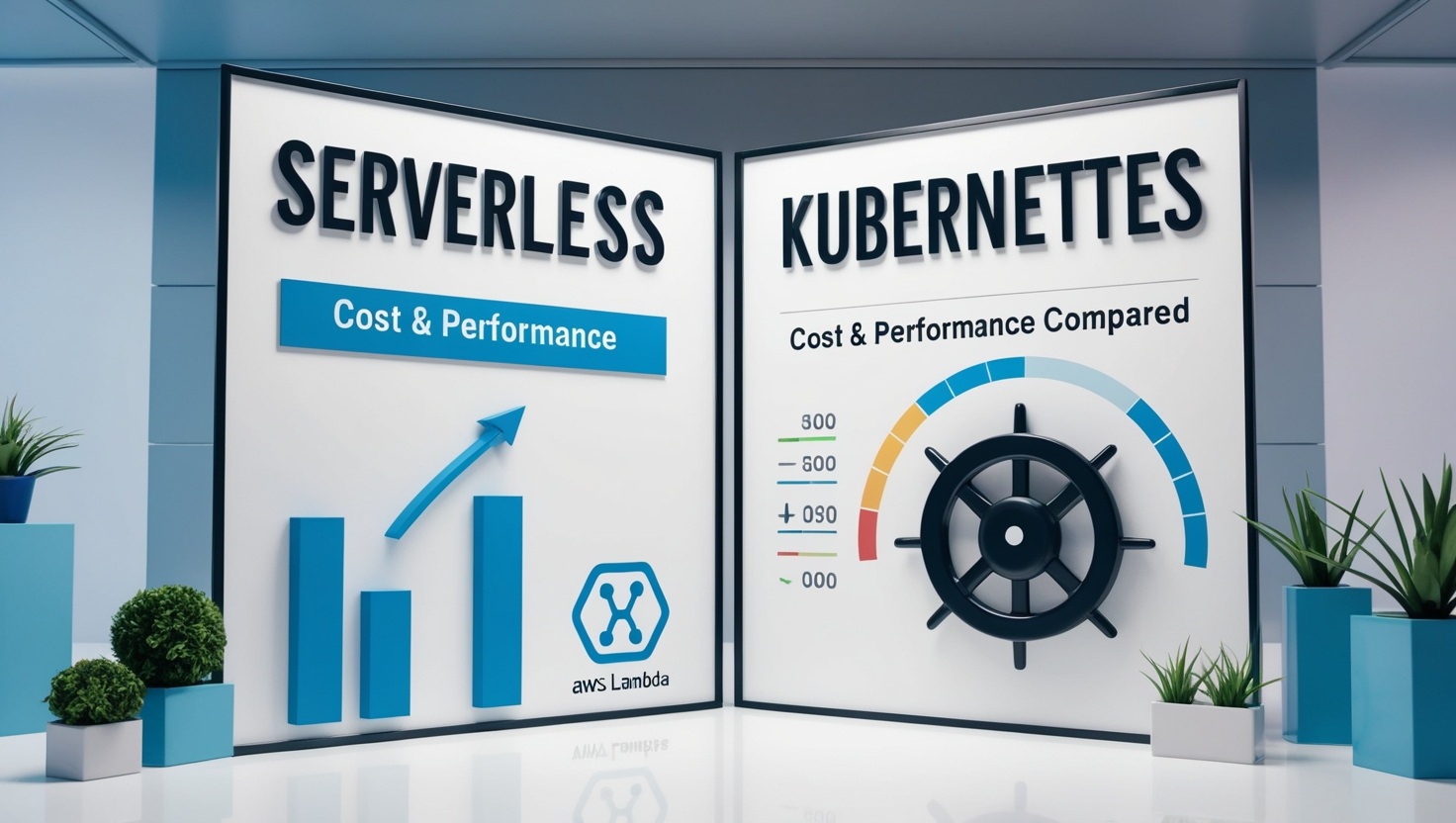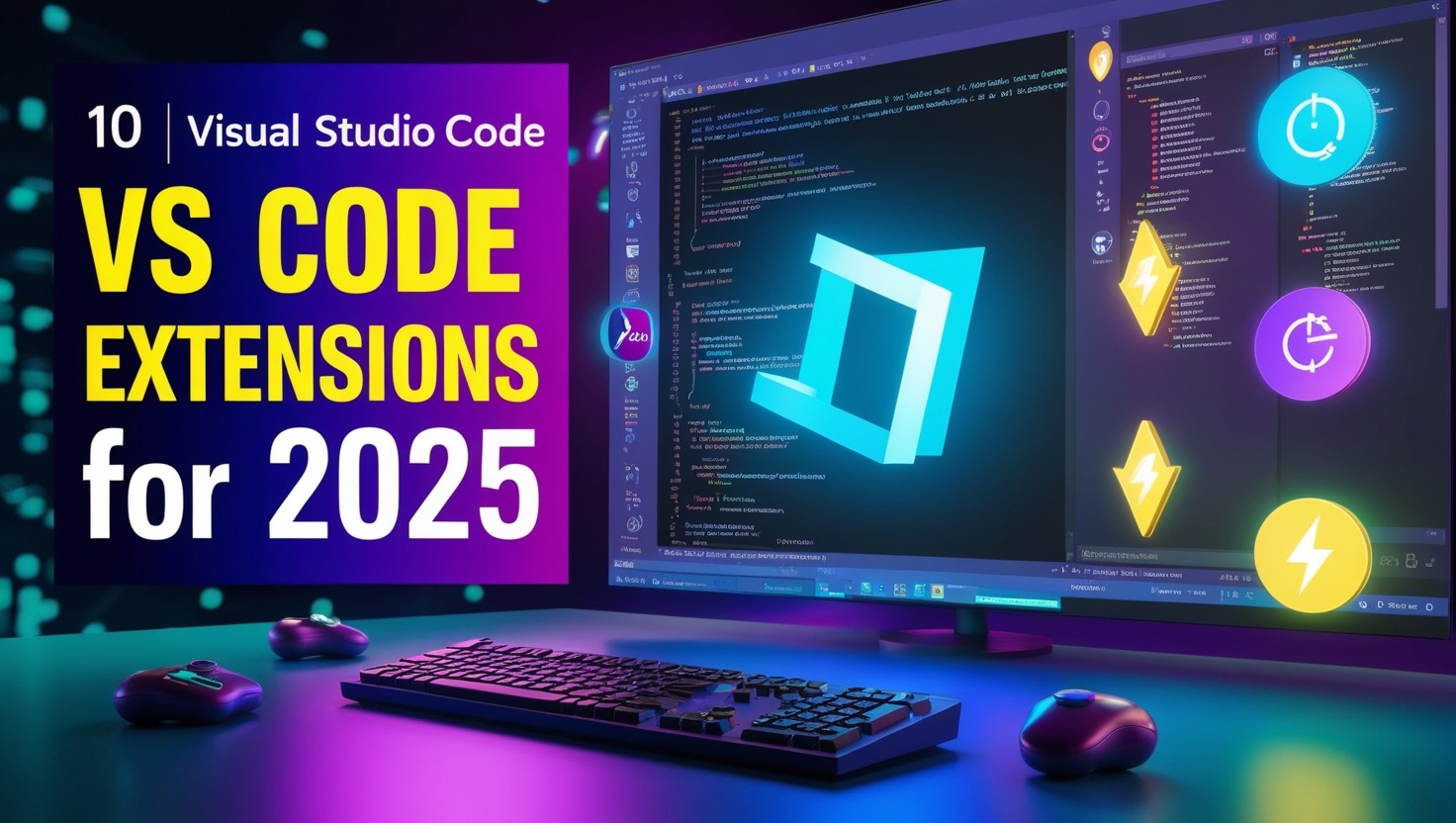If you’re considering a career in software development, you’ve probably heard the buzz about low-code platforms. Tools like OutSystems, Mendix, and Microsoft Power Apps promise faster app development with minimal hand-coding. But here’s the big question:
"Does low-code pay as well as traditional coding?"
The answer isn’t black-and-white. In this guide, we’ll break down salaries, job demand, and long-term career potential for low-code developers vs. traditional programmers. By the end, you’ll know which path offers better earning potential—and why some professionals are choosing both.
1. What’s the Difference Between Low-Code and Traditional Coding?
Traditional Coding
-
What it is: Writing code from scratch using languages like Python, Java, or C++.
-
Skills needed: Deep understanding of programming logic, algorithms, and frameworks.
-
Use cases: Complex systems (e.g., operating systems, AI models, enterprise software).
Low-Code Development
-
What it is: Building apps using visual drag-and-drop tools with minimal manual coding.
-
Skills needed: Basic logic, UI/UX design, and understanding of workflows.
-
Use cases: Business apps (e.g., CRMs, internal tools, simple mobile apps).
2. Salary Comparison: Low-Code vs. Traditional Coding
Let’s cut to the chase. Here’s how salaries stack up in 2025:
A. Traditional Coding Salaries
| Role | Average Salary (U.S.) |
|---|---|
| Software Engineer | 110,000–110,000–150,000 |
| Full-Stack Developer | 95,000–95,000–140,000 |
| DevOps Engineer | 120,000–120,000–160,000 |
| AI/ML Engineer | 130,000–130,000–180,000 |
Key factors that boost pay:
-
Specialization (e.g., cybersecurity, blockchain).
-
Experience (Senior engineers earn 2x juniors).
-
Location (Silicon Valley vs. remote roles).
B. Low-Code Salaries
| Role | Average Salary (U.S.) |
|---|---|
| Low-Code Developer | 75,000–75,000–110,000 |
| Citizen Developer (Non-IT) | 60,000–60,000–85,000 |
| Low-Code Architect | 100,000–100,000–130,000 |
| Platform-Specific Expert (e.g., Salesforce) | 90,000–90,000–140,000 |
Key factors that boost pay:
-
Platform expertise (e.g., Salesforce, ServiceNow).
-
Integration skills (connecting low-code apps to legacy systems).
-
Industry (Finance/healthcare pay more).
Who Earns More?
-
Short-term: Traditional coders win (higher starting salaries).
-
Long-term: Top low-code architects/platform experts can match senior devs.
3. Why Traditional Coding Pays More (For Now)
✔ High Demand for Complex Skills
-
Jobs like AI engineering, cloud architecture, and cybersecurity require deep coding knowledge.
-
These roles are harder to automate, so salaries stay high.
✔ Scalability = Higher Value
-
A traditional developer can build custom solutions for millions of users.
-
Low-code apps often serve smaller, niche audiences.
✔ Low-Code Has a “Ceiling”
-
Many low-code roles focus on basic app-building, not innovation.
-
To earn more, you must specialize (e.g., become a Mendix/Salesforce certified expert).
4. When Low-Code Developers Earn More
Low-code isn’t always the underdog. In these cases, it can pay well:
A. Enterprise Platform Experts
-
Example: A ServiceNow developer with certifications can earn $130k+.
-
Why? Companies rely on these platforms for critical workflows.
B. Hybrid Roles (Code + Low-Code)
-
Developers who extend low-code apps with custom code (e.g., APIs, plugins) earn premium rates.
-
Example: Building a custom connector for Microsoft Power Apps.
C. Freelancing & Consulting
-
Small businesses love low-code for fast, cheap solutions.
-
Freelancers charge 50–50–150/hour to build apps on platforms like Bubble or Webflow.
5. Job Demand: Which Skills Are Growing Faster?
Traditional Coding Jobs
-
Growth rate: 22% by 2030 (U.S. Bureau of Labor Statistics).
-
Hot areas: AI, cybersecurity, quantum computing.
Low-Code Jobs
-
Growth rate: 28% by 2025 (Gartner).
-
Hot areas: Process automation, citizen development, enterprise SaaS.
The verdict: Both are growing, but low-code demand is rising faster due to its accessibility.
6. Future-Proofing Your Career: Which Path Is Safer?
Risks of Traditional Coding
-
AI automation: Tools like GitHub Copilot can write basic code, threatening junior roles.
-
Oversaturation: Bootcamps flood the market with entry-level coders.
Risks of Low-Code
-
Platform dependency: If your tool becomes obsolete, your skills might too.
-
Limited creativity: Most low-code work is repetitive app-building.
The Hybrid Approach Wins
-
Learn both low-code and coding to handle diverse projects.
-
Example: Use Python for AI logic + OutSystems for the frontend.
7. How to Maximize Your Earnings (Regardless of Path)
For Traditional Coders
-
Specialize in scarcity: AI/ML, DevOps, or blockchain.
-
Get certified: AWS, Google Cloud, or CISSP for cybersecurity.
For Low-Code Developers
-
Master enterprise platforms: Salesforce, ServiceNow, or Pega.
-
Learn integrations: Connect low-code apps to databases/APIs.
For Everyone
-
Soft skills matter: Project management and client communication boost rates.
-
Go freelance: Top freelancers earn 2x corporate salaries.
8. The Verdict: Which Should You Choose?
| Factor | Low-Code | Traditional Coding |
|---|---|---|
| Entry-Level Pay | ❌ Lower | ✅ Higher |
| Learning Curve | ✅ Easier | ❌ Steeper |
| Career Growth | ✅ Faster (if specialized) | ✅ Higher ceiling |
| Job Security | ❌ Platform risk | ✅ Enduring demand |
Choose low-code if:
-
You want to start earning quickly with minimal training.
-
You enjoy business process design over complex logic.
Choose traditional coding if:
-
You love solving hard technical problems.
-
You aim for top-tier salaries in AI, cloud, or cybersecurity.
Need Help Deciding Your Career Path?
At SharpEncode, we help developers and businesses navigate tech career choices. Whether you’re picking a coding language, choosing a low-code platform, or upskilling, our experts can guide you.
📩 Get personalized advice today!
👉 https://www.sharpencode.com/home/contact
Final Thoughts
Low-code vs. traditional coding isn’t a war—it’s a spectrum. The best earners blend both. Start with one path, master it, and then expand your skills. Whether you choose drag-and-drop tools or deep coding, continuous learning is the key to staying ahead.
Ready to boost your earning potential? Pick a path, build projects, and keep adapting! 💰🚀


